Owning a horse is a rewarding experience, filled with moments of joy and companionship. However, maintaining their health and happiness requires attention to detail, especially when it comes to feeding. Horses, like humans, thrive on a balanced diet tailored to their specific needs. In this article, we’ll explore ten essential feeding tips that every horse owner should know to ensure their equine friend remains in top condition. Whether you’re a seasoned equestrian or a new horse enthusiast, these guidelines will help you provide the best care for your horse.
Understand Your Horse’s Dietary Needs
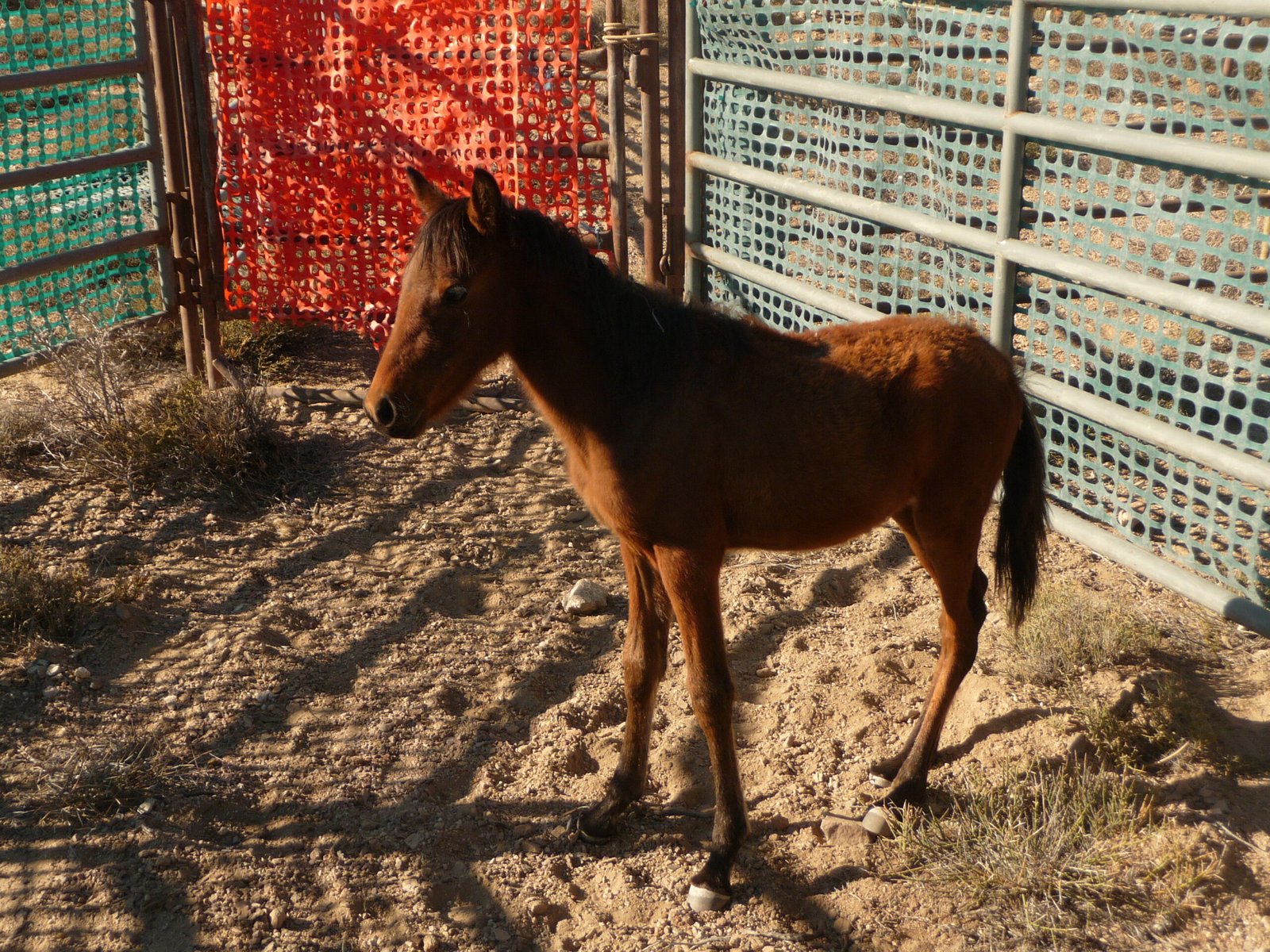
Every horse is unique, and understanding your horse’s dietary requirements is the first step towards ensuring its well-being. Factors such as age, breed, weight, and activity level play significant roles in determining what and how much your horse should eat. For instance, a young, active horse will need more calories and protein compared to an older, sedentary one. Consulting with a veterinarian or equine nutritionist can provide a tailored feeding plan that meets your horse’s specific needs. By recognizing these nuances, you can prevent overfeeding or underfeeding, both of which can lead to health issues.
Provide Fresh and Clean Water
Water is the most crucial component of your horse’s diet. A horse can consume up to 10 gallons of water a day, depending on its size and activity level. Make sure that fresh and clean water is always accessible to prevent dehydration, which can lead to serious health complications like colic. Regularly check and clean water troughs or buckets to remove debris and algae. In colder climates, ensure the water is not frozen, while in hotter temperatures, avoid warm water as horses prefer it cool. Remember, a well-hydrated horse is a happy horse.
Feed High-Quality Forage
Forage, such as hay or pasture grass, should be the foundation of your horse’s diet. It provides essential fiber that aids in digestion and keeps the horse’s gut healthy. Ensure that the hay or grass you feed is of high quality—free from mold, dust, and other contaminants. Poor quality forage can lead to respiratory issues and digestive problems. Also, consider the type of forage that suits your horse best; some might thrive on alfalfa, while others do better on timothy or bermudagrass. Observing your horse’s reaction to different types can help you make the best choice.
Avoid Overfeeding Concentrates
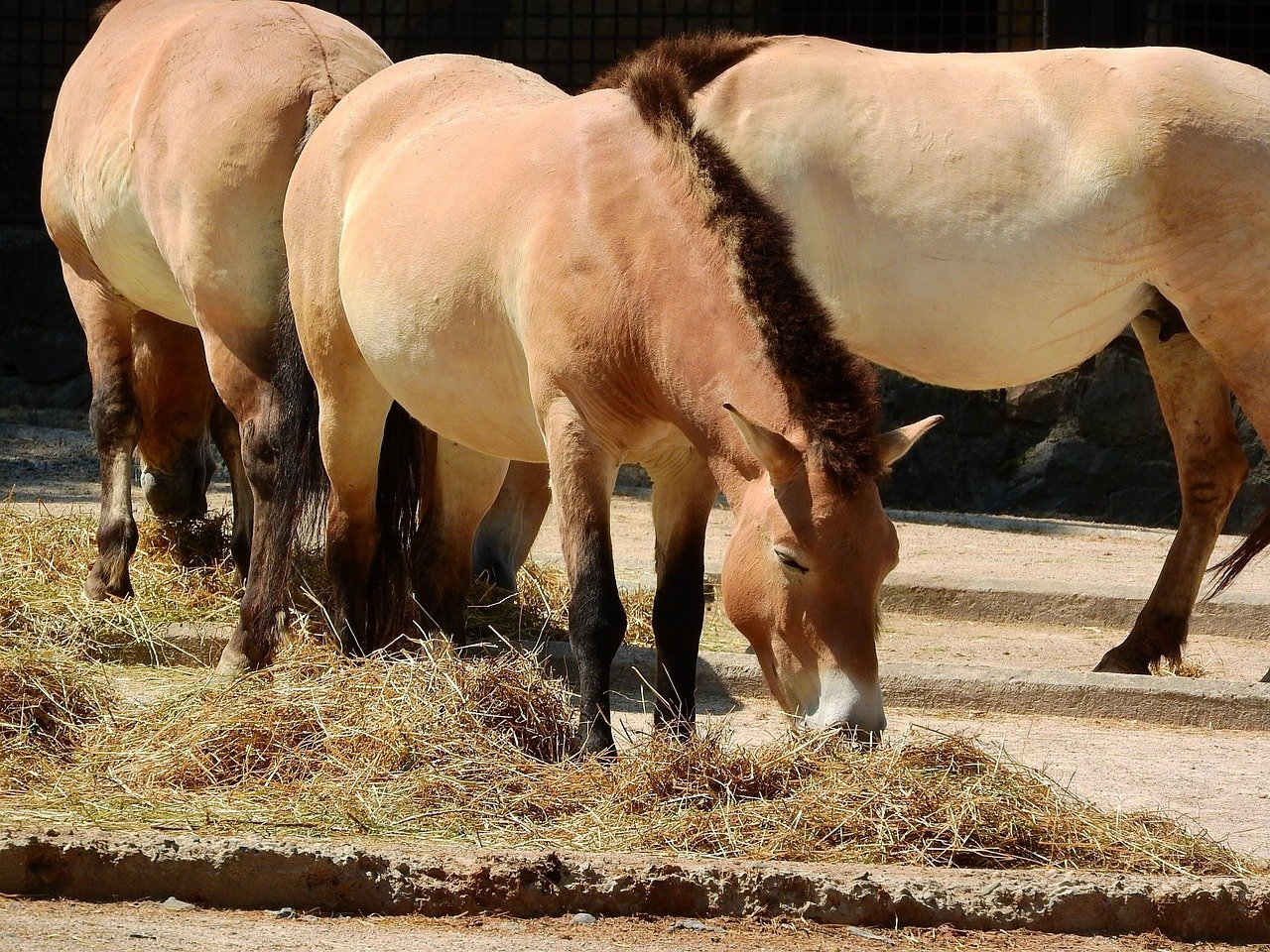
While concentrates like grains and commercial feeds are essential for providing extra energy, overfeeding them can lead to obesity and metabolic disorders. These should complement, not replace, the forage in your horse’s diet. It’s crucial to measure the amount carefully according to your horse’s needs and activity level. Gradually adjust the quantity if you notice weight gain or loss, always keeping in mind that a balanced diet is key. If in doubt, consult a vet or nutritionist for guidance on the correct amounts.
Maintain a Consistent Feeding Schedule
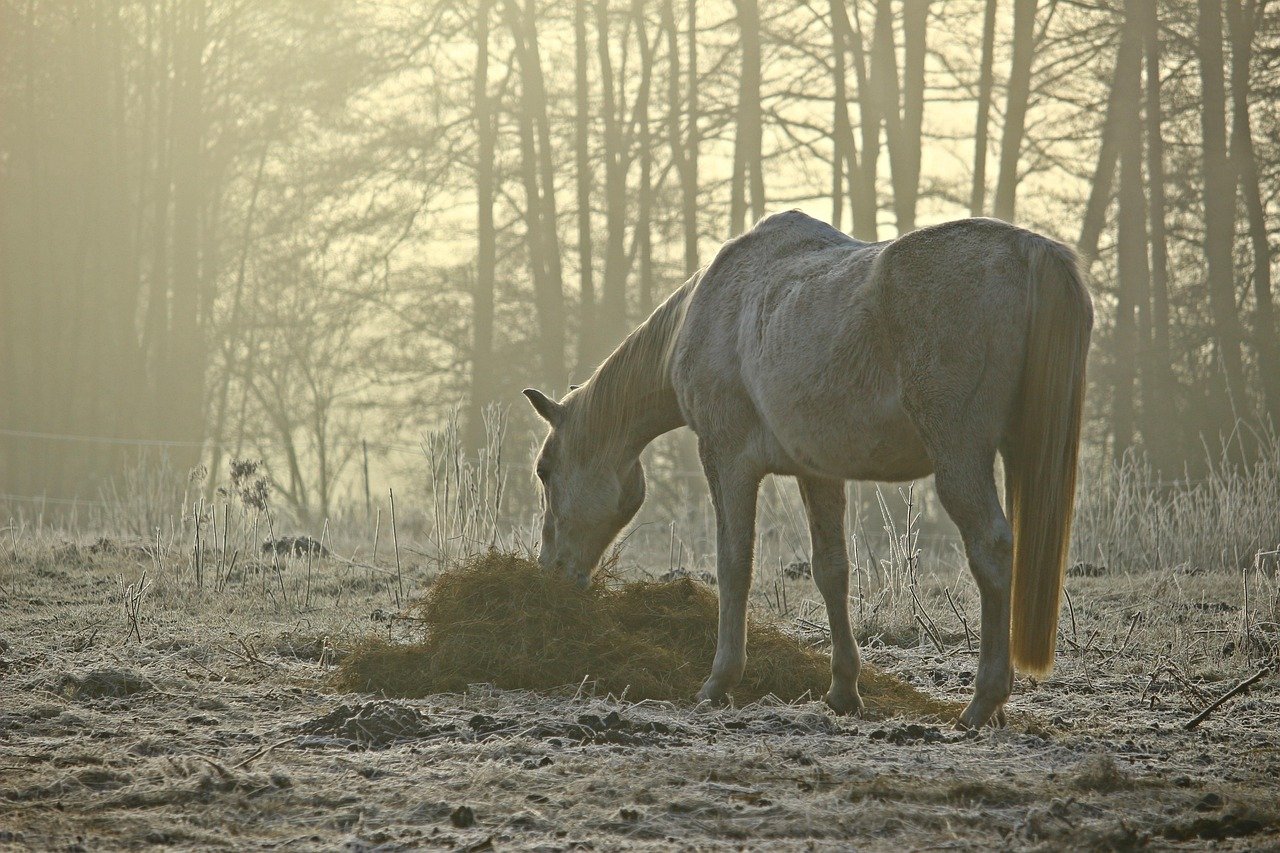
Horses thrive on routine, and maintaining a consistent feeding schedule can significantly benefit their digestive health. Feed your horse at the same times each day, as irregular feeding can cause stress and digestive issues like colic. If you need to change feeding times, do so gradually to allow your horse to adjust. Consistency not only helps in digestion but also creates a stable environment, giving your horse a sense of security and routine.
Monitor Body Condition Regularly
Regularly assessing your horse’s body condition is crucial for managing its diet effectively. Look for visible signs of weight gain or loss, such as ribs showing or a bulging belly. Use a weight tape or body condition scoring system to get a more accurate assessment. Monitoring these changes can help you adjust feeding portions and types accordingly, ensuring your horse remains at a healthy weight. A balanced body condition not only affects physical health but also the horse’s mood and energy levels.
Introduce Dietary Changes Gradually

Horses have sensitive digestive systems, and sudden changes in their diet can lead to colic or other digestive issues. Whether you’re introducing a new type of feed or changing the amount, do it gradually over a period of one to two weeks. This allows the horse’s digestive system to adapt without causing distress. A slow transition minimizes the risk of health complications and helps your horse adjust comfortably to its new diet.
Include Supplements Wisely
While a balanced diet often provides all the necessary nutrients, some horses might require additional supplements due to age, health issues, or specific dietary needs. Before adding any supplements, consult with a veterinarian to ensure they are safe and necessary. Over-supplementation can lead to imbalances and health problems. By choosing supplements wisely, you can enhance your horse’s nutrition without causing harm.
Prevent Feeding-Related Boredom
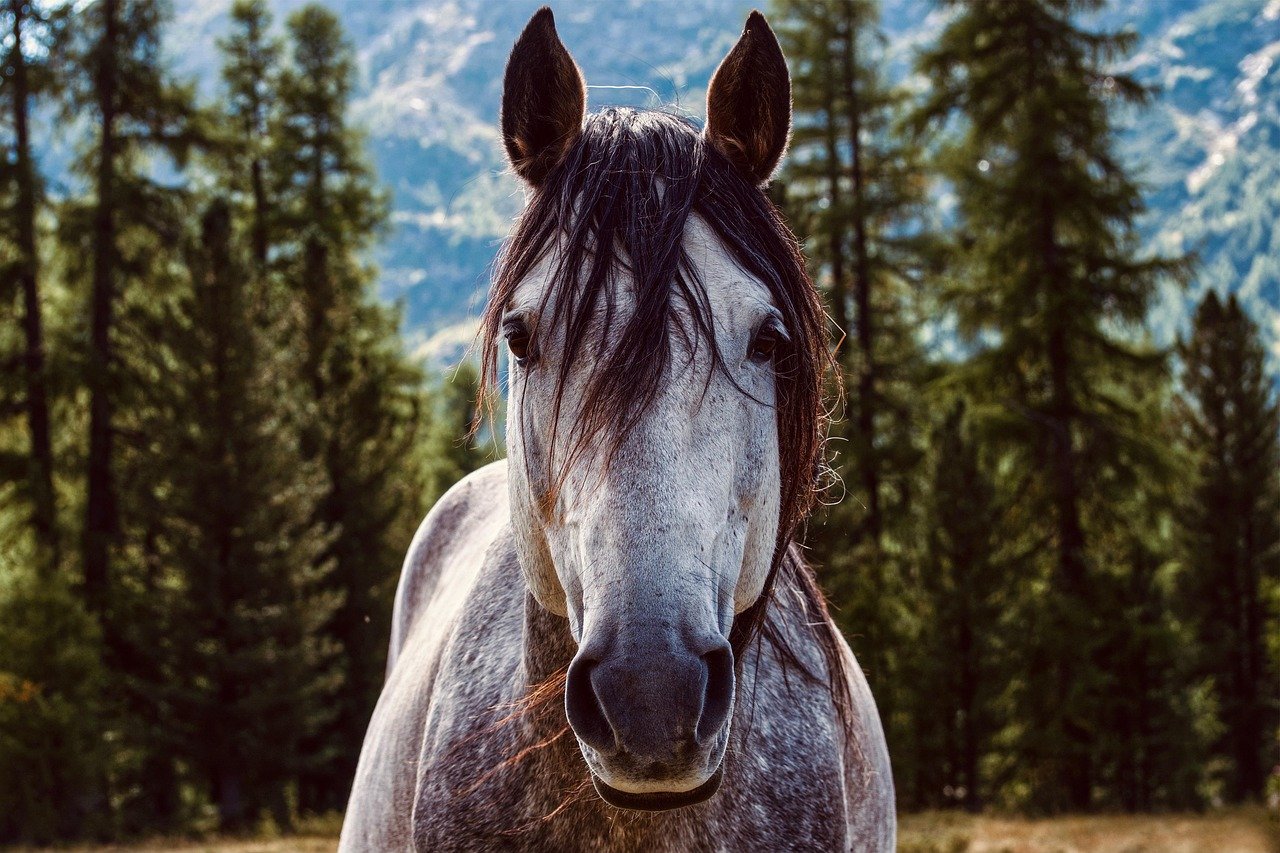
Just like humans, horses can become bored with the same routine, leading to behavioral issues. Introducing variety into their feeding routine, such as different types of forage or safe treats, can stimulate their interest. Additionally, using slow feeders or hay nets can make feeding more engaging, mimicking natural grazing behaviors and preventing overeating. By keeping feeding time interesting, you can improve your horse’s mental well-being along with its physical health.
Regular Health Check-Ups
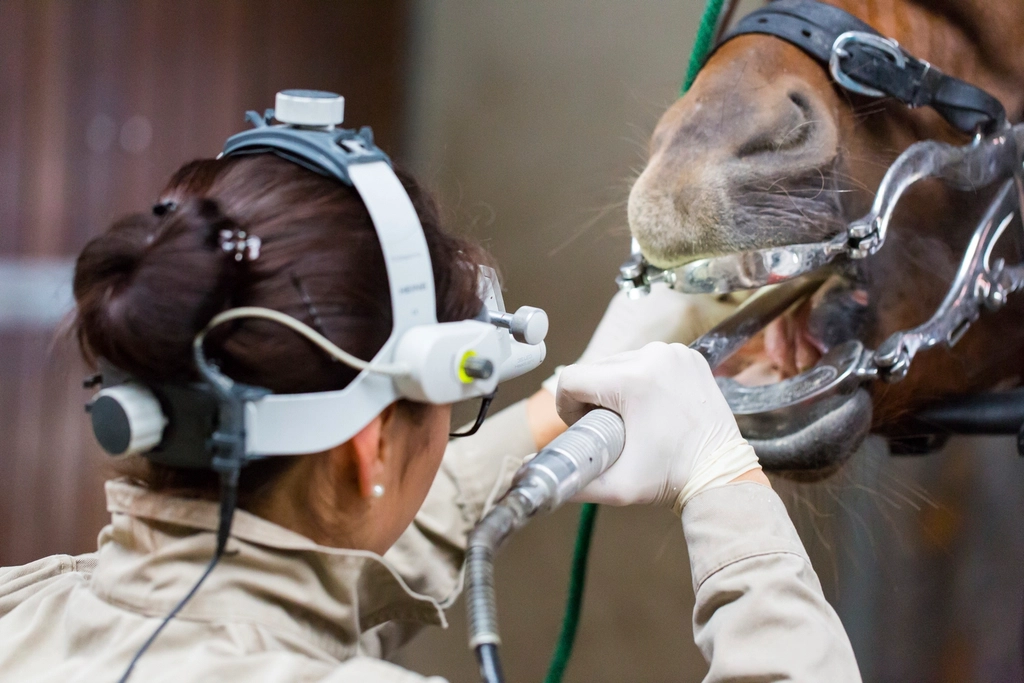
Regular veterinary check-ups are essential for monitoring your horse’s overall health, including its dietary needs. A vet can detect potential issues early, such as dental problems that might affect feeding. Regular dental care ensures your horse can chew its food properly, aiding digestion. These check-ups provide an opportunity to reassess your horse’s diet and make necessary adjustments, ensuring they stay healthy and happy throughout their life.
By following these essential feeding tips, you can ensure that your horse remains healthy and content, thriving under your care. Remember, a well-fed horse is not only healthier but also happier, making every ride and interaction more enjoyable.

Esther is from India; the heartbeat of South Asia, holding a Master’s degree in Zoology and a postgraduate diploma in Animal Welfare. Her enthusiasm for animal welfare drives her passion and dedication to working for animals, ensuring their well-being, and advocating for their rights. With a solid academic background and hands-on experience, she is committed to making a positive impact in the field of animal welfare. In her free time, she enjoys embroidery and sewing. As a Chennaite from Tamil Nadu, Esther loves Bharathanatyam, an Indian classical dance form.





